Meet this year’s Ufahamu Africa fellows! Through their season 8 episodes, they’ll share thought-provoking and creative stories related to life and politics on the African continent.
Ami Tamakloe
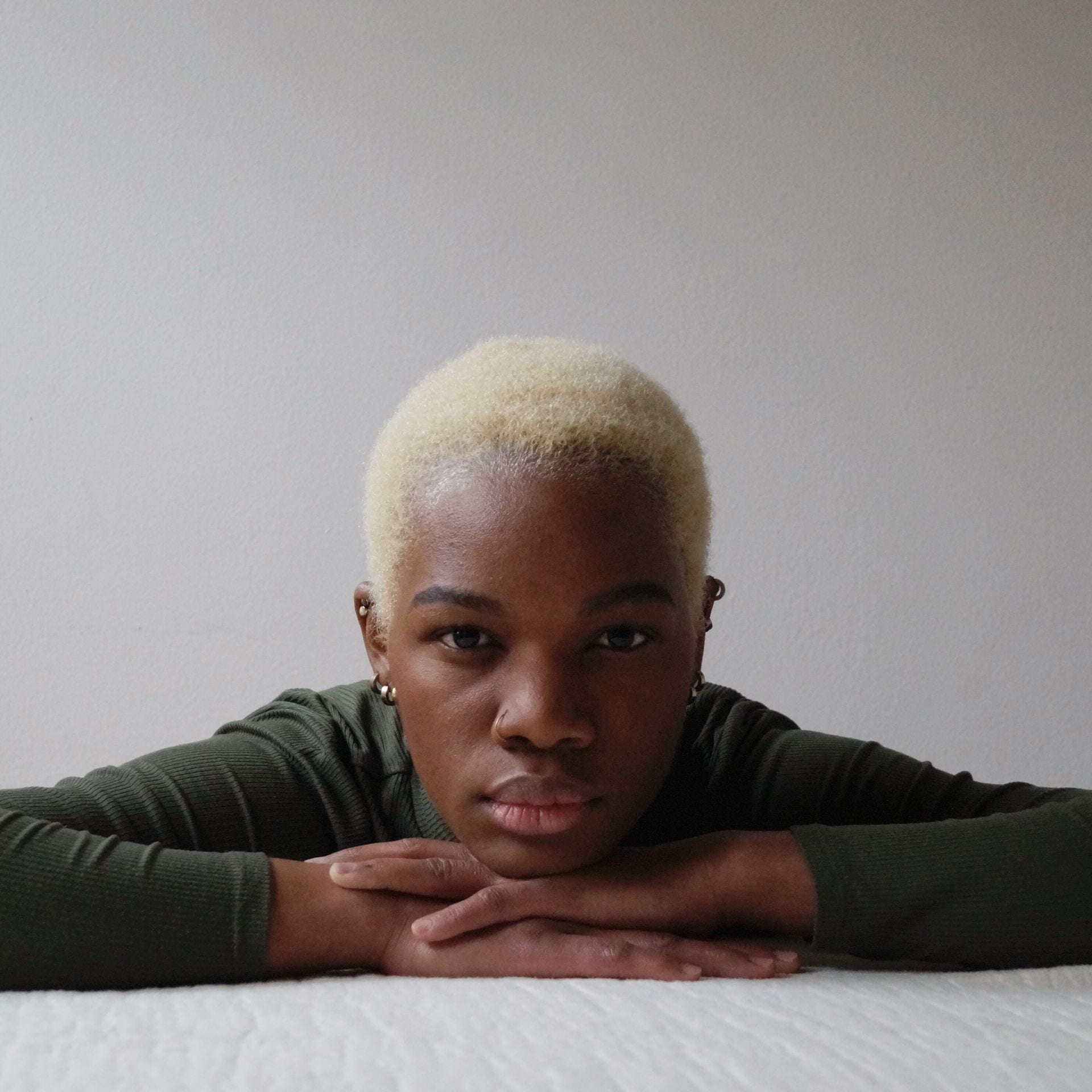
Ami Tamakloe is a human unraveling and reconstructing. Originally from Ghana, they are currently a PhD candidate in the department of anthropology at Cornell University. Ami is a multi-modal artist who creates work that tells stories around accessibility, Blackness, gender, sexuality, and culture. They utilize their body, voice, material, and immaterial world around them as conduits for stories that are moving and impactful.
Afua Asiedu
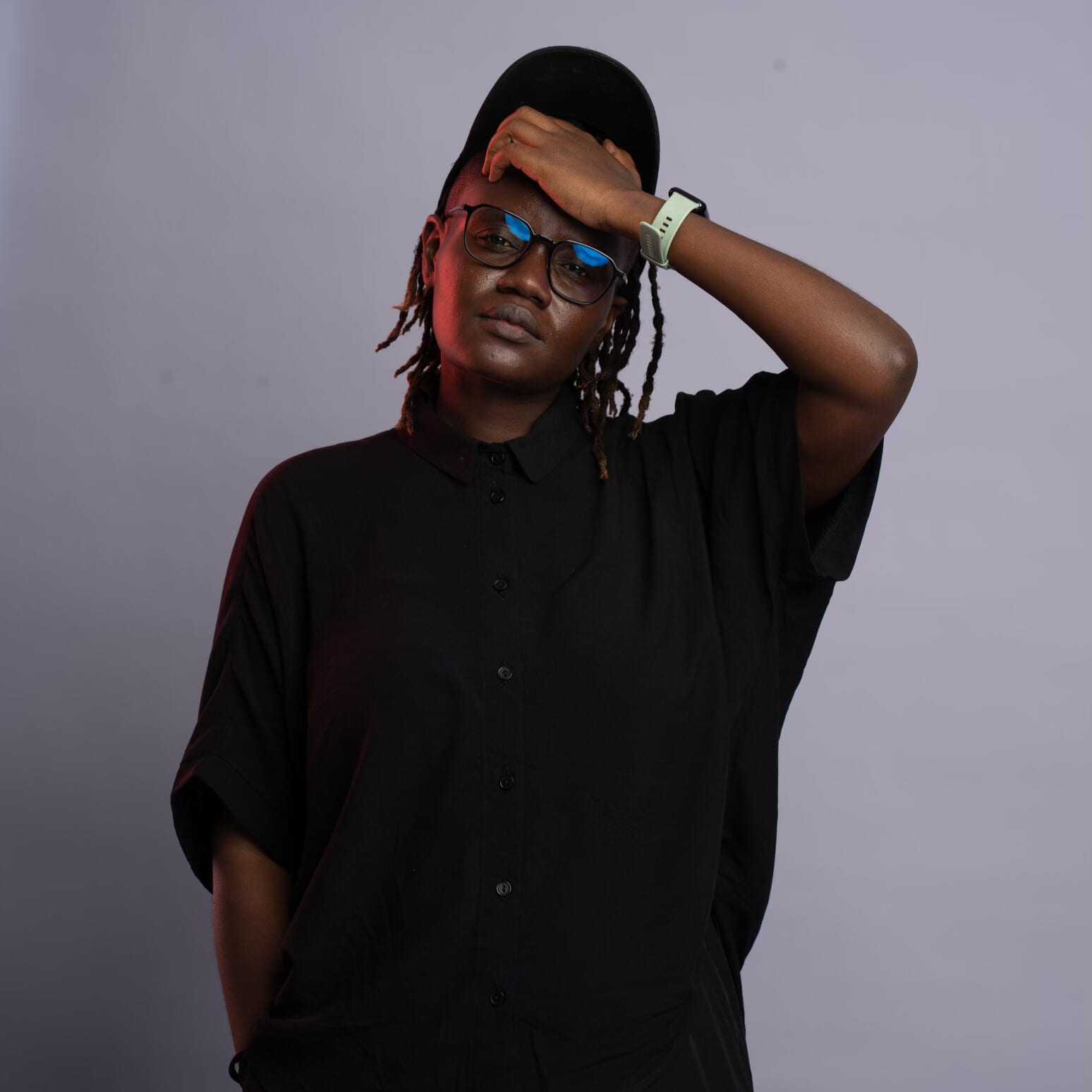
Afua “Fu” Asiedu is a rapper and spoken word artist whose talent for music led her to the world of production and engineering, and she is now interested in manipulating sound and audio as creative executions of storytelling. She describes herself as an earth wanderer searching for the next adventure, skill, or opportunity to add on to her life story and challenge the limits of what society believes is possible for a woman like herself.
Gopolang Botlhokwane
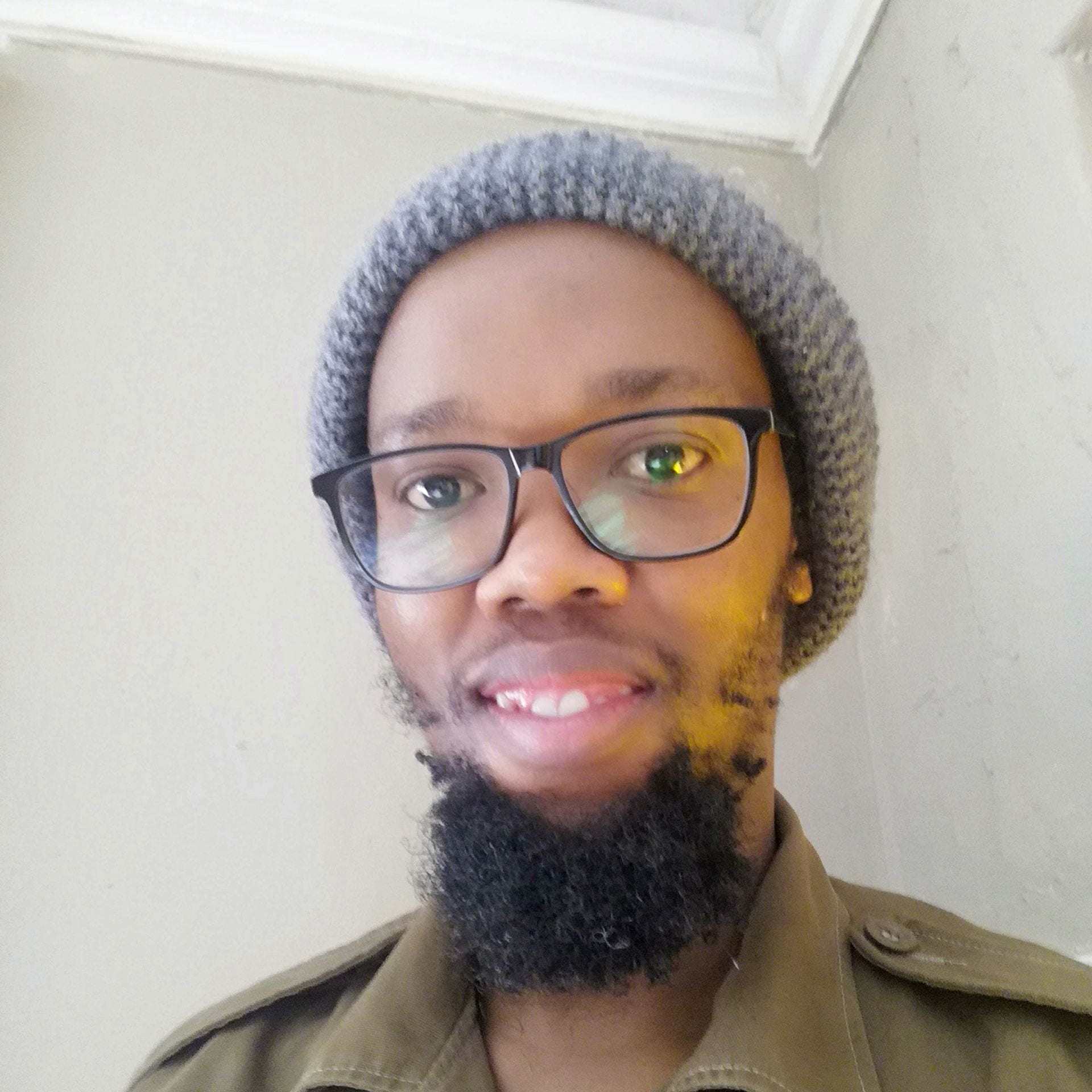
Gopolang Botlhokwane is a journalist with an interest in social justice and migration. Botlhokwane is also a cultural critic and an aspiring historian. He has been covering southern Africa’s cultural scene for over a decade. His journalism has appeared in the Mail & Guardian and social justice publications NewFrame and The Daily Vox. As a fellow, he’ll explore in-depth some of the pressing but poorly reported issues on the continent.
Expédit Ologou
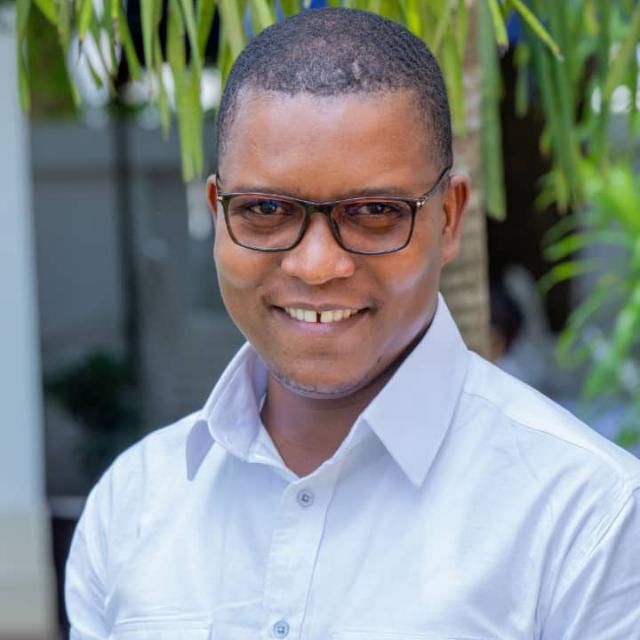
Expédit Bofouni Ologou is a Beninese public intellectual and an assistant professor of political science at the University of Abomey-Calavi and the High Institute of the Audiovisual in Benin. He founded and has led the Civic Academy for Africa’s Future since 2018, a regional research think tank based in Benin. He holds a PhD in political science and a MA in diplomacy and international relations from the University of Abomey-Calavi (Benin), a MA in international security and defense from Université Jean-Moulin Lyon 3 (France).
Basil Ibrahim
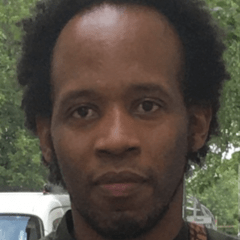
Basil Ibrahim works to boost ongoing strategies for building alternative futures in order to illuminate practices that defy boundaries of difference, cultivate solidarity and exchange in struggles for social, economic, and ecological justice. Drawing on experience of consulting and media publishing in East Africa, they think about how vernacular and vocational cultures of knowledge production work alongside academic work to contribute to a deeper understanding of societies in constant flux.